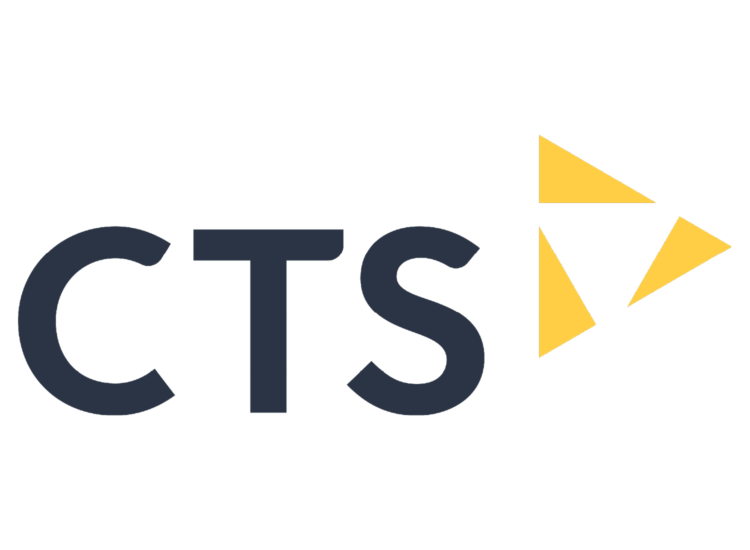More and more law firms are taking advantages of the countless services the cloud has to offer. However, without adequate monitoring and management across all cloud services, law firms run the risk of cloud sprawl.
Cloud sprawl refers to excess workloads or machines running, usually without the firm’s knowledge, which can lead to wasteful spending, hindered productivity and increased security risks. This is a growing concern with the increased adoption of public cloud and SaaS applications.
In this blog, we will explore how law firms can manage (and limit) cloud sprawl by performing regular audits of your cloud environment, introducing a cloud management platform and building a partnership with a legal sector specialist.
Gain visibility with a cloud management platform
Cloud management platforms, such as Azure Cost Management, provide full visibility into your cloud environments, both public and private deployments, which enables your firm to easily analyse, manage, and control the costs of your workloads. Such platforms give you the governance and budgeting tools needed to monitor cloud usage, and therefore effectively control costs.
Managing your cloud operations effectively ensures that every resource is being used, optimising your cloud costs and reducing the amount of superfluous spend.
Audit your cloud services regularly
Regular “health checks” should be carried out on your cloud services, taking all essential aspects into account, such as applications, storage, data, infrastructure, and more. These audits will allow your firm to identify potential security risks by finding weaknesses and vulnerabilities, and will also account for updated security requirements, which will ensure your cloud environment remains compliant and protected.
Screen requests for cloud environments
According to Gartner more than 70% of businesses do not have a documented cloud strategy, which leads to the overspending on cloud applications.
To ensure that budgets are being spent sensibly, requests for each new cloud platform or application should be thoroughly screened by your IT leaders to access the cost effectiveness and business benefits of the product. Having such processes in place will help to limit shadow IT, reduce unnecessary products, and keep spending under control.
Partner with specialist managed service provider
The ongoing management and monitoring of your cloud technologies can be a tedious, time-consuming, and expensive process. By partnering with a specialist managed service provider your firm can enlist third-party knowledge and expertise to gain insights, support, and recommendations on how you can cost efficiently and effectively deploy a multi-cloud strategy.
Contact us today to find out how CTS can help your law firm make the most of its cloud strategy.




